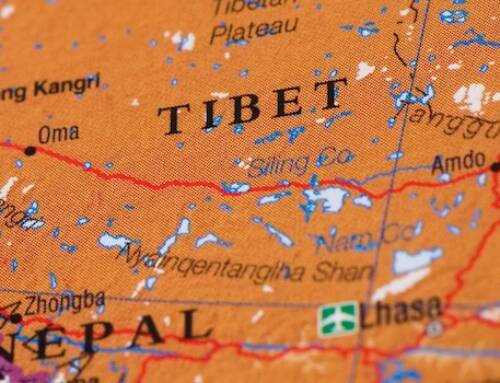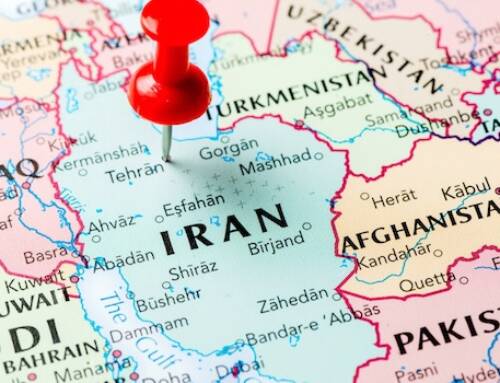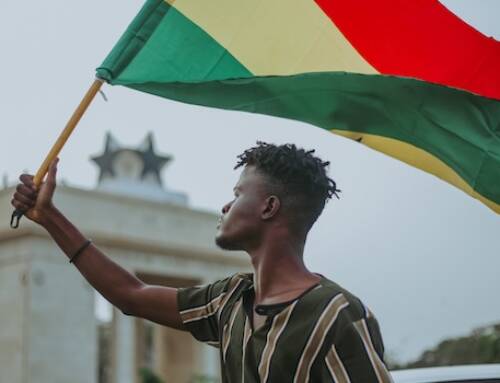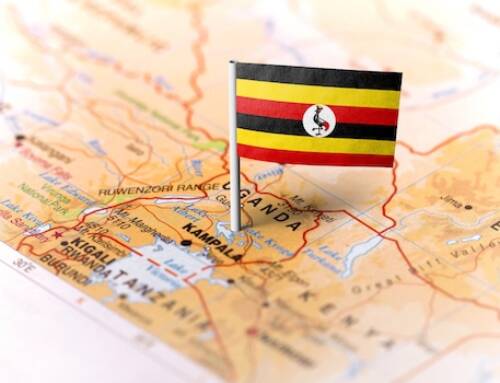Congo

Rwanda’s Support for Rebels in Eastern Congo: A Deepening Crisis International Reaction
On 23rd January 2025 United Nations (UN) Secretary-General, António Guterres, has condemned Rwanda for providing military and logistical support to the March 23 Movement (M23) rebels in the eastern Democratic Republic of Congo (DRC), in particular, the capture of Minova, Saké and Goma. This condemnation comes amid escalating violence in the region, with reports indicating that since 26 January, approximately 3,000 people have been killed and nearly as many injured. Consequently, the government of the Democratic Republic of the Congo has referred to the seizure as a “declaration of war” by Rwanda, which is its neighbor.
In response to an escalating crisis in North and South Kivu, the United Nations Human Rights Council convened a special session on 7 February 2025, following a formal request submitted by the Democratic Republic of the Congo (DRC). The humanitarian and security situation in the region has been described as dire, with widespread violations of human rights being documented by international organizations and UN mechanisms. The decision to hold the session was prompted by growing reports of abductions, massacres, and summary executions of civilians. It has been noted that sexual violence continues to be used as a weapon of war, with countless victims left without justice. Additionally, mass displacements have been reported, as civilians flee the violence that has persisted for years. Humanitarian actors and civilian infrastructure have also been subjected to targeted attacks, raising further concerns over the deteriorating conditions in the region.
The session was formally requested through a letter dated 3 February 2025, which was submitted by the Permanent Representative of the DRC to the United Nations Office at Geneva. Within the request, it was emphasized that urgent measures must be taken to prevent further violations and ensure accountability for those responsible. While the UN Human Rights Council has pledged to assess the situation thoroughly, calls have been made for stronger measures to be implemented in order to protect civilians and restore stability in the eastern provinces of the DRC.
Similarly the G7 Foreign Ministers of Canada, France, Germany, Italy, Japan, the United Kingdom, and the United States of America, along with the High Representative of the European Union, strongly condemn the Rwanda-backed M23 aggression and they stated that “we urge M23 and the Rwanda Defence Force (RDF) to cease their offensive in all directions. We call for the urgent protection of civilians. We also call for an end to all direct and indirect support to the M23 and all non-state armed groups in the DRC.” Consequently, the German Ministry for Economic Cooperation and Development (BMZ) said that it has canceled government meetings with Rwanda that were scheduled for mid-February.
MONUSCO and Its Role in Eastern Congo
The United Nations Organization Stabilization Mission in the Democratic Republic of the Congo (MONUSCO) was established in 2010 as a successor to MONUC, with the mandate to protect civilians, assist in stabilizing the country, and support peace efforts in conflict-affected regions. Operating primarily in eastern DRC, MONUSCO has played a crucial role in monitoring human rights violations, providing humanitarian aid, and assisting in disarmament, demobilization, and reintegration (DDR) programs. The mission has also worked alongside the Congolese army (FARDC) in combatting armed groups such as M23, the Allied Democratic Forces (ADF), and various Mai-Mai militias. However, MONUSCO’s effectiveness has been widely debated, as it faces constraints in offensive operations, struggles with limited resources, and has been criticized for failing to adequately protect civilians. Its presence remains controversial, with some viewing it as an essential force preventing further destabilization, while others argue that it has failed to curb ongoing violence.
MONUSCO’s role in eastern DRC remains highly contested, as it has not succeeded in eliminating armed groups despite years of operations. The M23 rebels, allegedly backed by Rwanda, have continued their offensives, leading to increased displacement and suffering for civilians. The 2022 protests against MONUSCO’s presence reflect growing frustration among locals, who accuse the mission of failing to prevent massacres and human rights abuses. While the international community recognizes its importance, its operational effectiveness is in question, as it lacks offensive capabilities and relies heavily on collaboration with the Congolese government.
In conclusion, the ongoing conflict in eastern DRC, exacerbated by Rwanda’s alleged support for the M23 rebels, has led to a deepening humanitarian crisis, drawing strong international condemnation from the UN, G7 nations, and human rights organizations. Despite efforts by the UN Human Rights Council and MONUSCO, persistent massacres, sexual violence, and displacement continue to devastate the region, with MONUSCO’s effectiveness increasingly being questioned. While diplomatic efforts and economic sanctions against Rwanda signal global concern, the lack of decisive action to curb violence underscores the urgent need for a reassessment of international strategies. Moving forward, enhanced accountability measures, stronger enforcement of humanitarian protections, and a renewed commitment to sustainable peace negotiations will be essential in preventing further atrocities and ensuring long-term stability in eastern Congo.
Mohammad Mohseni





